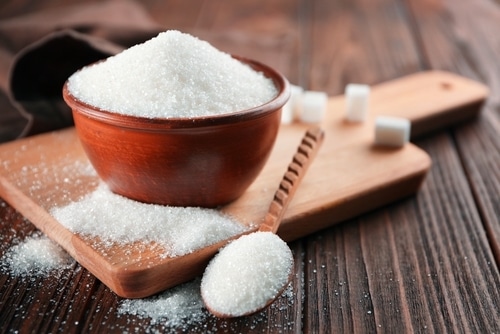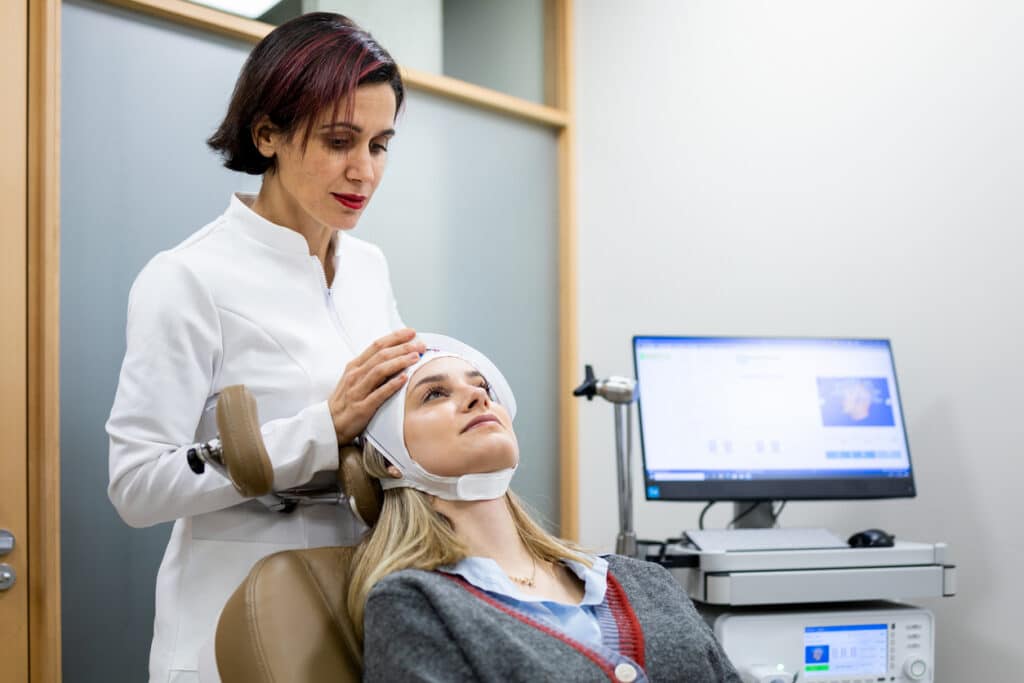It doesn’t take much effort to see that there is a myriad of “sugar-free” food products available to consumers today. In fact, for many of the regular food items available, there is likely an alternative option that is sugar-free. In addition, all your favorite drinks, including teas, coffees, sodas, even flavored water, can all be purchased without added sugar.
Thanks to artificial sweeteners, consumers everywhere can access food and beverages that are sweetened without added sugar or calories from sugar.
Does it sound too good to be true? It just might be. Research is showing a dark side of artificial sweeteners that may cause you to reconsider if and how you use them.
What Are Artificial Sweeteners?
Simply put, artificial sweeteners are synthesized chemicals created to mimic the taste of sugar by adding sweetness to food products; but unlike sugar, they have virtually no calories. Artificial sweeteners are also referred to as “non-nutritive sweeteners”, meaning that they contribute to the taste of a food or drink product without adding any nutritional value. Some of the most common artificial sweeteners used by the food industry that has been approved by the Food and Drug Administration include:
- Saccharin
- Aspartame
- Acesulfame
- Neotame
- Sucralose
These artificial sweeteners are chemical compounds, and while they may be used to provide sweetness to various food and beverage products without added calories, there is some concern about ingesting these ingredients, especially over the long term.
How Artificial Sweeteners Can Affect Your Body
As a consumer, it is important to understand what you are putting in your body, especially artificial chemicals that could potentially have adverse effects.
It has been thought, by both professionals and consumers, that utilizing artificial sweeteners could be a way for decreasing sugar intake and thereby preventing certain health conditions, like diabetes mellitus. However, research on the use of artificial sweeteners has uncovered controversial findings, where some of these chemicals have been found to actually have damaging effects on the body.
One recent study on artificial sweetener acesulfame potassium discovered that this chemical could not be processed by the body and created a harmful effect on the cells that line blood vessels [1]. Researchers also found that replacing regular sugars with non-caloric artificial sweeteners led to negative changes in fat and energy metabolism.
Ultimately, artificial sweeteners are foreign substances to the body, and the body is better equipped to deal with consuming real sugar versus chemical substitutes. Other research has found that artificial sweeteners in the form of diet sodas could contribute to adverse health issues, including mood changes, headaches, difficulty concentrating, hypertension, dehydration, kidney issues, and more [2].
Sugars In Your Diet
Food and beverage products that have been marketed as “sugar-free” are also conveying another message: sugar is bad for you. The food industry has skewed the reality of what sugar is and has offered a replacement as a “better” option. However, when removing real ingredients from food and replacing them with synthesized chemicals, there is more potential for harm rather than a benefit. Chronic consumption of artificial sweeteners can also contribute to negative health outcomes.
The bottom line is that moderation is key both with artificial sweeteners and natural sugar. Food is something that should be both nourishing and pleasurable, and feeling worried about how sugar might hurt your body can be detrimental to you in many different ways. Ultimately, eating real food vs fake food is the best line of defense to good health.
As always, trust your body as the best guide for what you need and how much of any food and drink you are enjoying. With the many nutrition fads that are marketed today, it can be confusing to know what to eat to be healthy. However, your body intuitively knows the foods you need to stay healthy and well, and learning to listen and honor your own body’s needs will always guide you in the right direction. To live a nourished life, eat a variety of the foods you love and enjoy and feed your body well (fake sugar not necessary).
What are your thoughts about using artificial sweeteners in place of real sugar?
Treatment at The Meadows
The Meadows Behavioral Healthcare family of treatment programs treat more than just the symptoms of addiction, trauma, and co-occurring conditions, we treat the whole person from the inside out. This includes promoting all aspects of wellness as well as nutrition. Our holistic approach helps patients create a healthy, satisfying lifestyle for long-term healing.
References:
[1]: “Study links diet soda, sweeteners to diabetes” https://newtelegraphonline.com/2018/04/study-links-diet-soda-sweeteners-to-diabetes/ Accessed 2 May 2018
[2]: “Why diet soft drinks are dangerous to your health”, http://sunnewsonline.com/why-diet-soft-drinks-are-dangerous-to-your-health/ Accessed 2 May 2018



